CLIVAR-FIO Summer School on Ocean Macroturbulence and Its Role in Earth’s Climate
CLIVAR-FIO Summer School on Ocean Macroturbulence and Its Role in Earth’s Climate
14-20 August 2022, Qingdao China & Online
Programme | Logistic informaion | Archived Recordings (Day 1 Part 1, Part 2 | Day 2 | Day 3 | Day 4 | Day 5 | Day 6)
A Survey (new!)
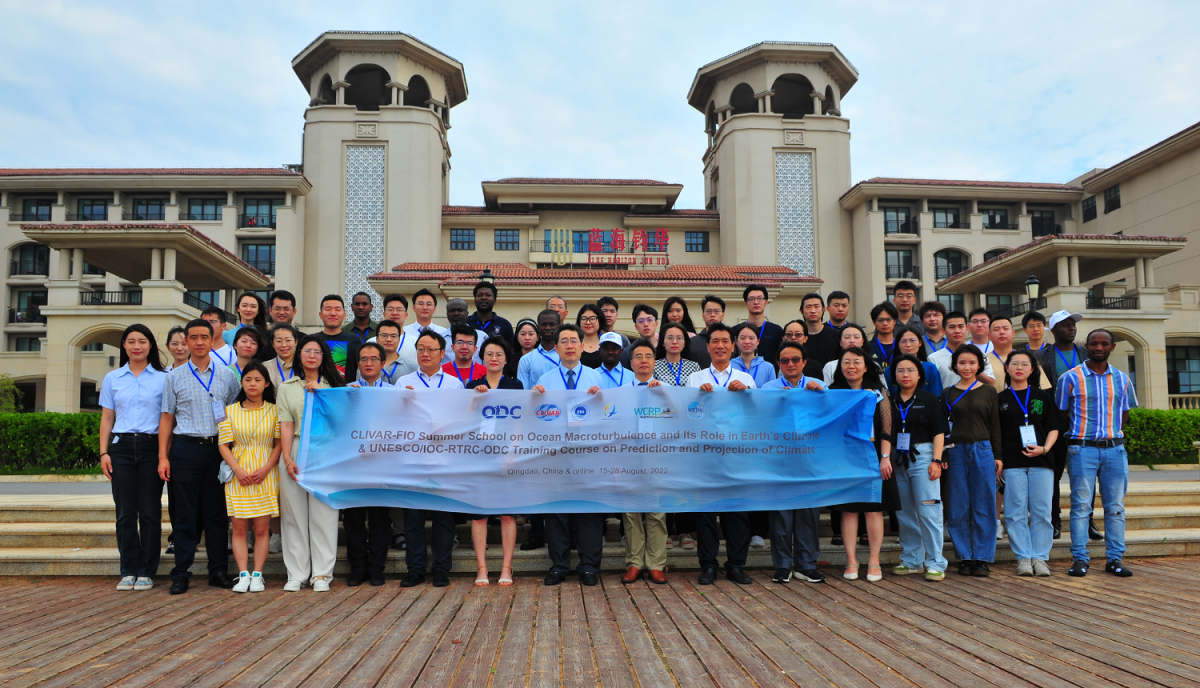

A joint CLIVAR-FIO Summer School on 'Ocean Macroturbulence and Its Role in Earth’s Climate' will be organised in a hybrid format (onsite in FIO, Qingdao, China with online participation) at on 14-20 August 2022. The overview of this course is as follows:
Ocean macroturbulence comprises fronts, eddies, and currents on the ocean meso- and submeso-scales (1-300km). These features are ubiquitous in the world ocean, as revealed by observations and models now available at ever greater spatial resolutions. At the same time, there is mounting evidence that motions on these scales play fundamental roles in Earth’s climate system: by transporting heat, momentum, and nutrients within the ocean, by influencing air-sea fluxes of heat, freshwater, and carbon, and by shaping marine ecosystems.
Leading experts in ocean macroturbulence will address the following topics:
- Observations: How are remote and in situ observations made on these scales, what new technologies (e.g. autonomous vehicles) are becoming available, and what are the challenges in analyzing and interpreting these data?
- Dynamics: What are the dynamical mechanisms that produce meso- and sub-mesoscale motions? How do they interact with larger-scale circulations?
- Modeling: How are meso- and submeso-scale motions represented in numerical models? What are the computational challenges to simulating these scales?
- Role in climate: How do meso- and submeso-scale motions influence air-sea interactions and fluxes of energy and nutrients between the near-surface and deeper ocean? How do they shape marine ecosystems? What is the importance of ocean macroturbulence for simulating and projecting climate change?
Activities will comprise lectures, problem-solving, and discussions of recent journal articles; instructors will provide observational and model data sets for groups of participants to analyze. Groups of students will develop and present proposals for new research.
Meanwhile, a training course organised by UNESCO/IOC Regional Training and Research Center on Ocean Dynamics and Climate (ODC) on 'Prediction and Projection of Climate', which was originally scheduled back to back with the CLIVAR-FIO Summer School, is now scheduled on 22-27 August 2022 (onsite in FIO, Qingdao, China and with online participation) .
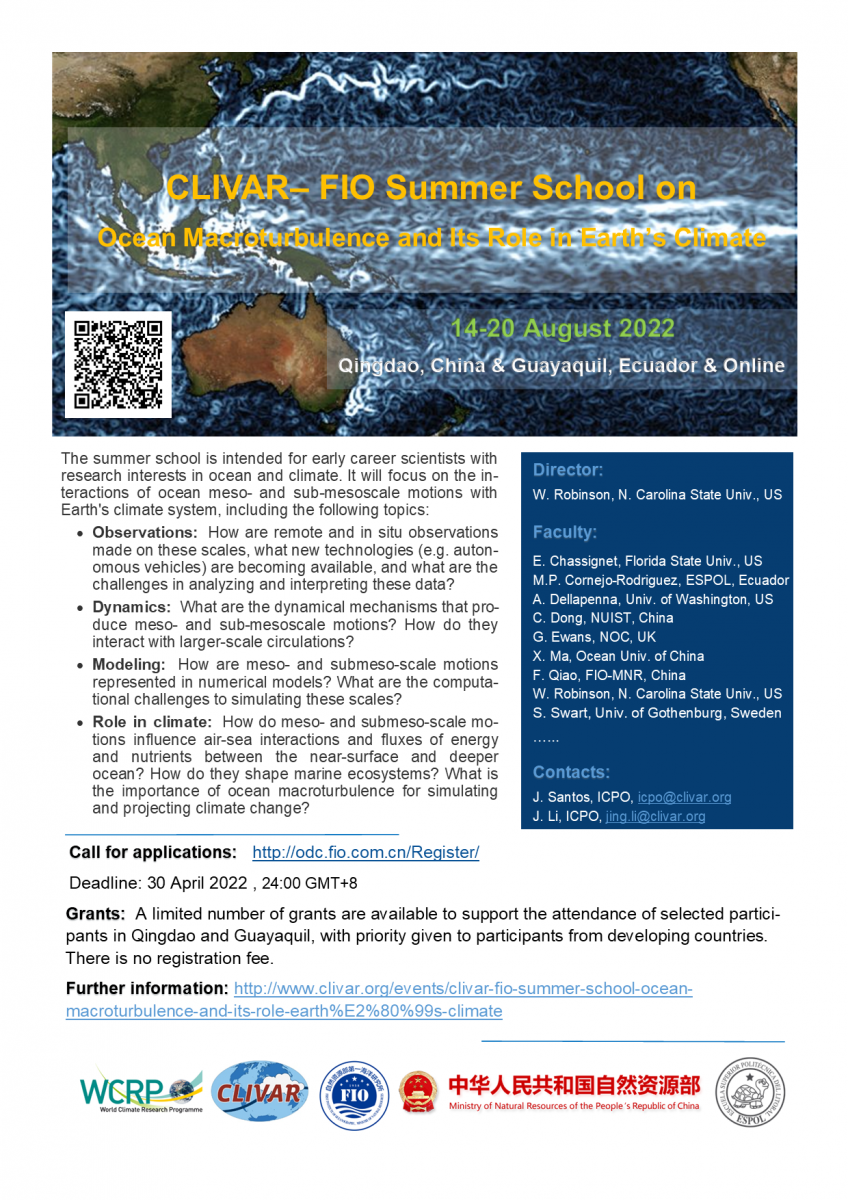 |
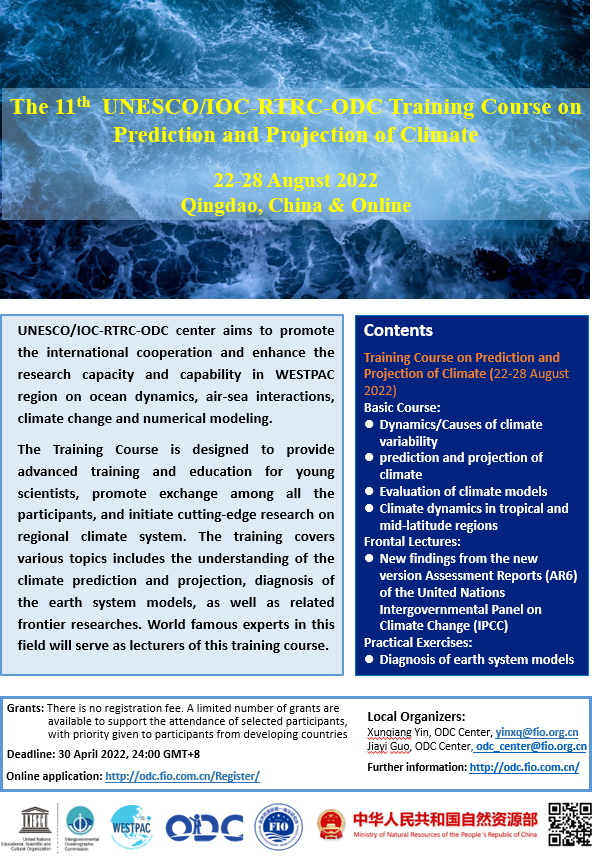 |
| Download flyer for CLIVAR-FIO Summer School | Download flyer for ODC Training Course |
Date and Venue
- CLIVAR-FIO Joint Summer School on ‘Ocean Macroturbulence and Its Role in Earth’s Climate’: 14-20 August 2022 (onsite in Qingdao, China, with online participation)
- UNESCO/IOC ODC Training Course on 'Prediction and Projection of Climate': 22-27 August 2022 (onsite in Qingdao with online participation)
We encourage you to apply to both courses. More information can be found on the website of CLIVAR (www.clivar.org) or the ODC Center at (http://odc.fio.com.cn/).
Logistics
Please check the logistic arrangement of the Summer School here.
Working Language
|
Affiliation: North Carolina State University, USA
|
|
Affiliation: First Institute of Oceanography, Ministry of Natural Resources, China |
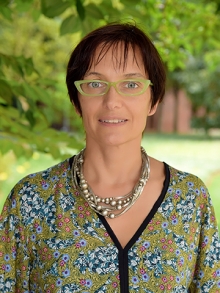 Dr. Annalisa Bracco Affiliation: Georgia Institute of Technology, USA |
|
Affiliation: University of Auckland - Waipapa Taumata Rau, New Zealand |
|
Affiliation: Nanjing University of Information Science & Technology, China |
|
Affiliation: UK National Oceanography Centre (NOC), UK |
|
Affiliation: GEOMAR Helmholtz Centre for Ocean Research Kiel, Germany |

Dr. Suneil Iyer (ECR) Affiliation: School of Oceanography, College of the Environment, University of Washington, USA |
|
Affiliation: Institute of Atmospheric Physics, Chineses Academy of Sciences (IAP-CAS), China |
|
Affiliation: Ocean University of China, China |
|
Affiliation: National Oceanography Center (NOC), UK |
 Dr. Zhenya Song Affiliation: First Institute of Oceanography (FIO), MNR, China |
|
Affiliation: Laboratoire de Météorologie Dynamique, IPSL, ENS-PSL, France |
|
Affiliation: School of Marine Sciences, Sun Yat-Sen University, China |
Application (closed)
http://odc.fio.com.cn/Register/ Deadline: 30 April 2022 , 24:00 GMT+8
Applications that were received already will still be evaluated and there will be another round of accepting applications after the new date has been announced.
In case you had difficulty in accessing the online system, please send the Registration Form by email to both Dr Jose Santos (icpo@clivar.org) and Dr Xunqiang Yin (odc_center@fio.org.cn) by 30 April 2022, 24:00 GMT+8.
|
Dr. Jose Santos |
Dr Xunqiang Yin |
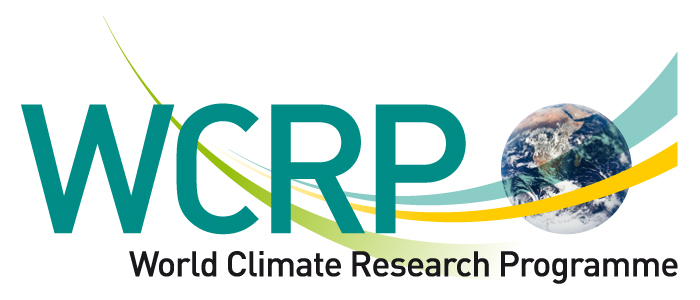

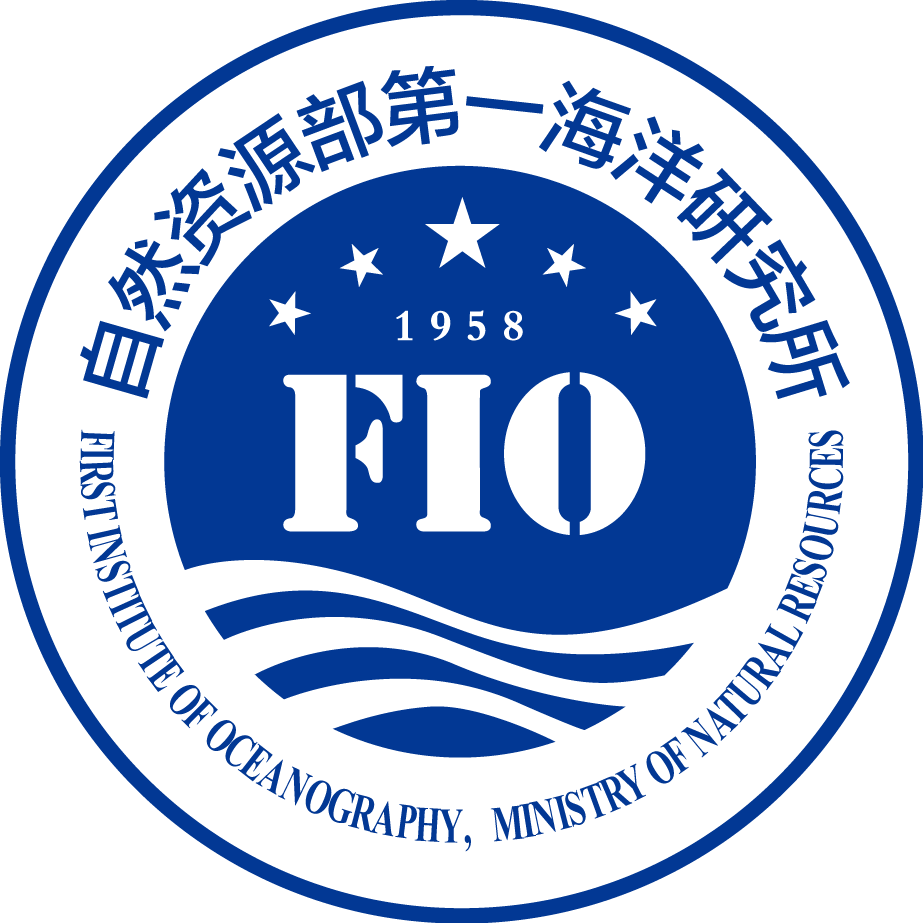







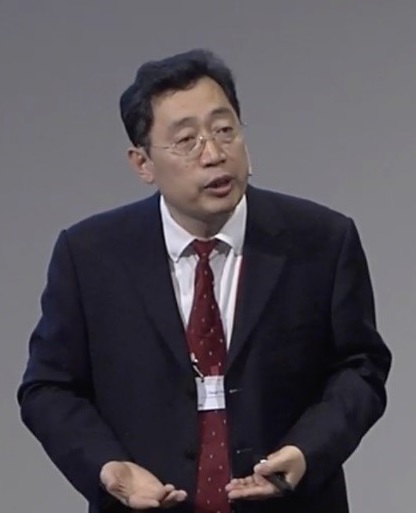

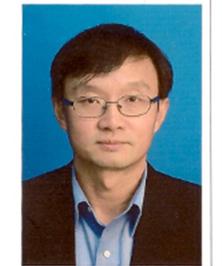
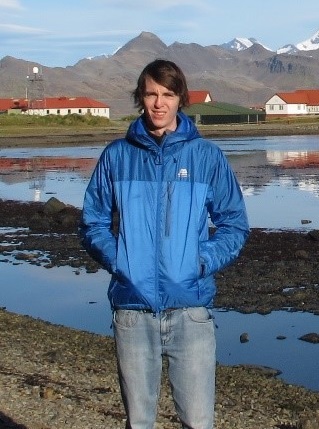
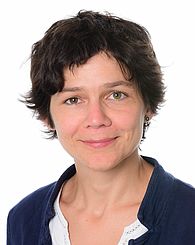 Dr. Ivy Frenger
Dr. Ivy Frenger

 Dr Adrien Martin
Dr Adrien Martin Dr. Sabrina Speich
Dr. Sabrina Speich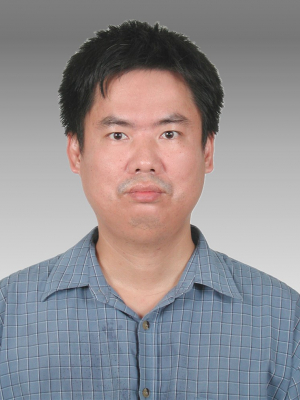 Dr. Dongxiao Wang
Dr. Dongxiao Wang





Add new comment